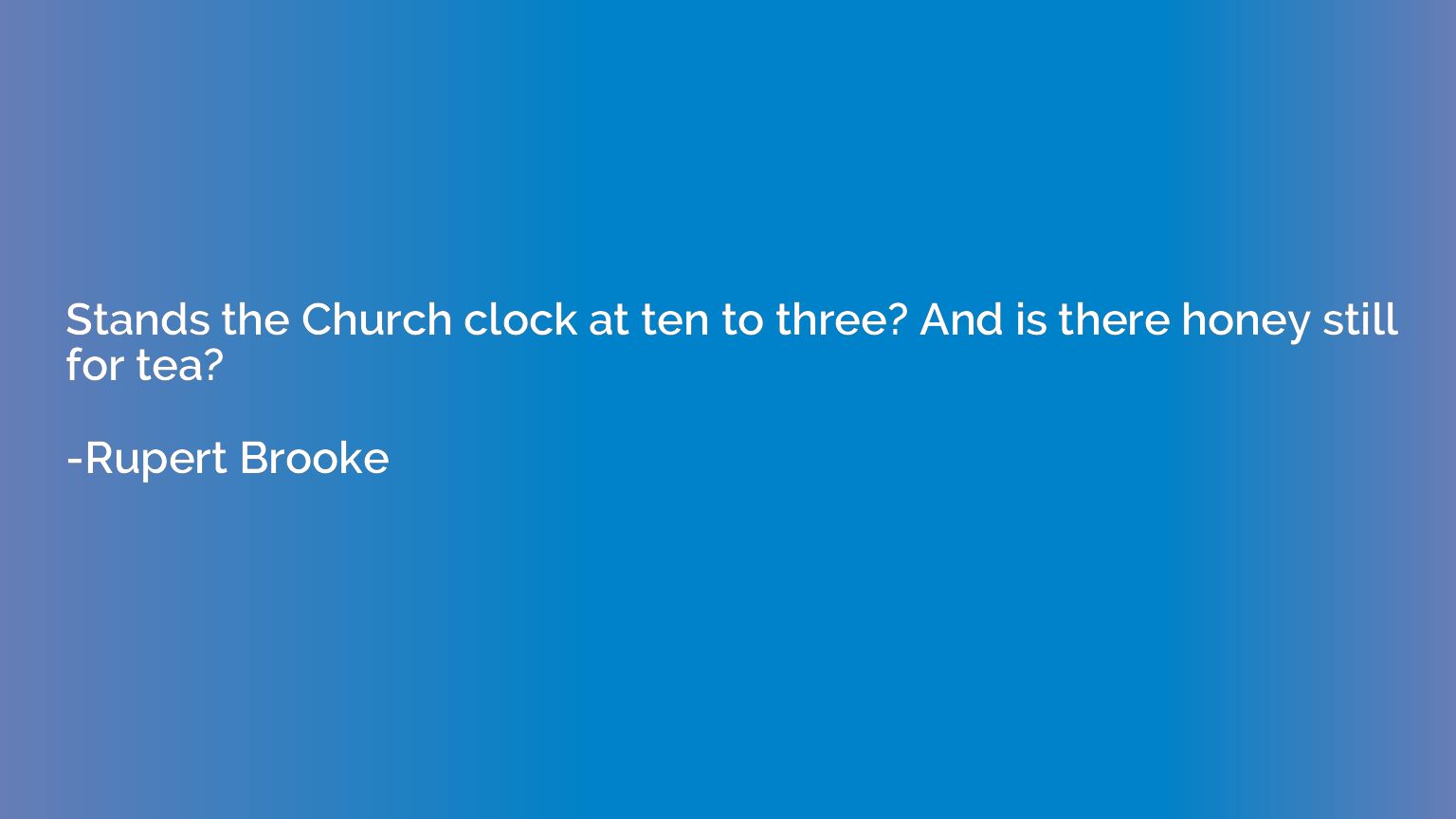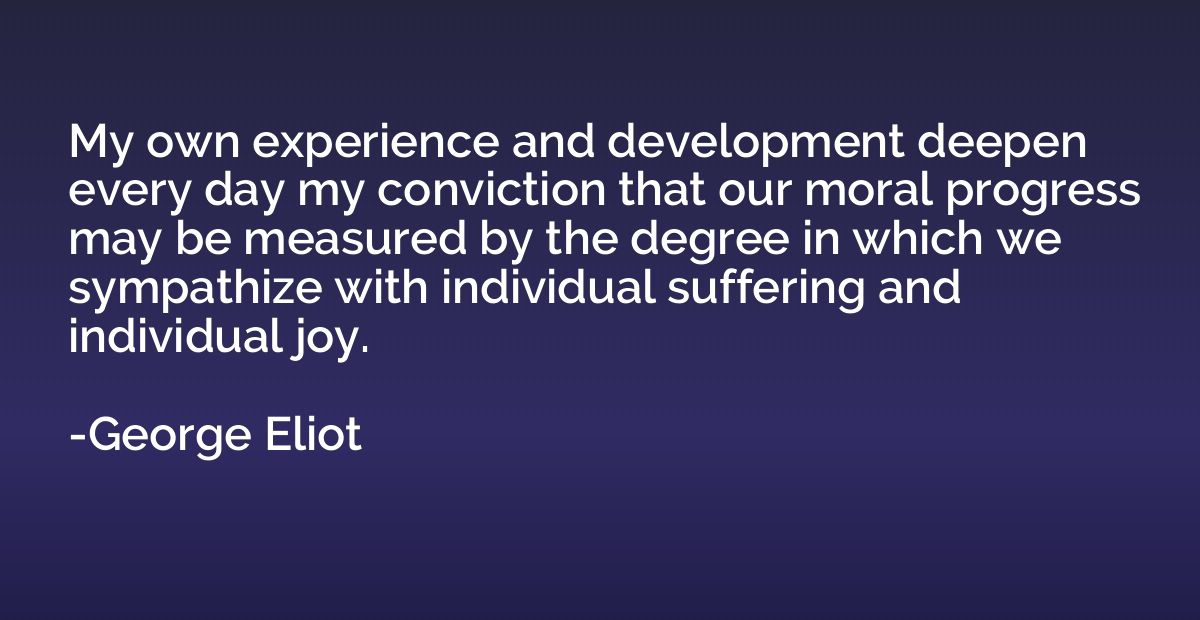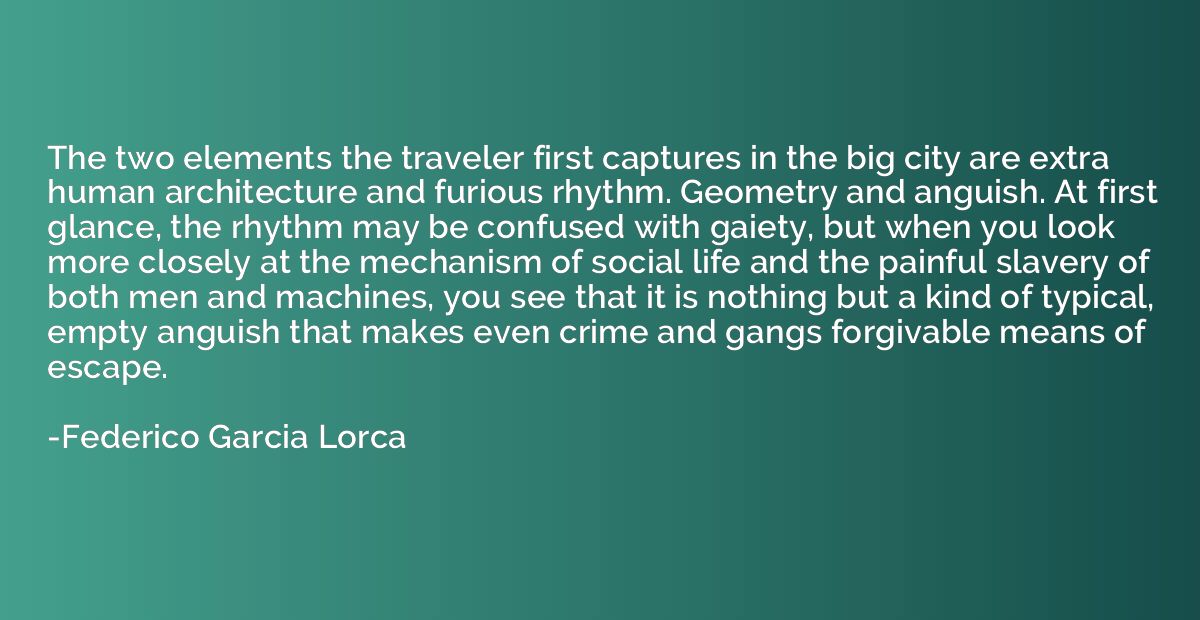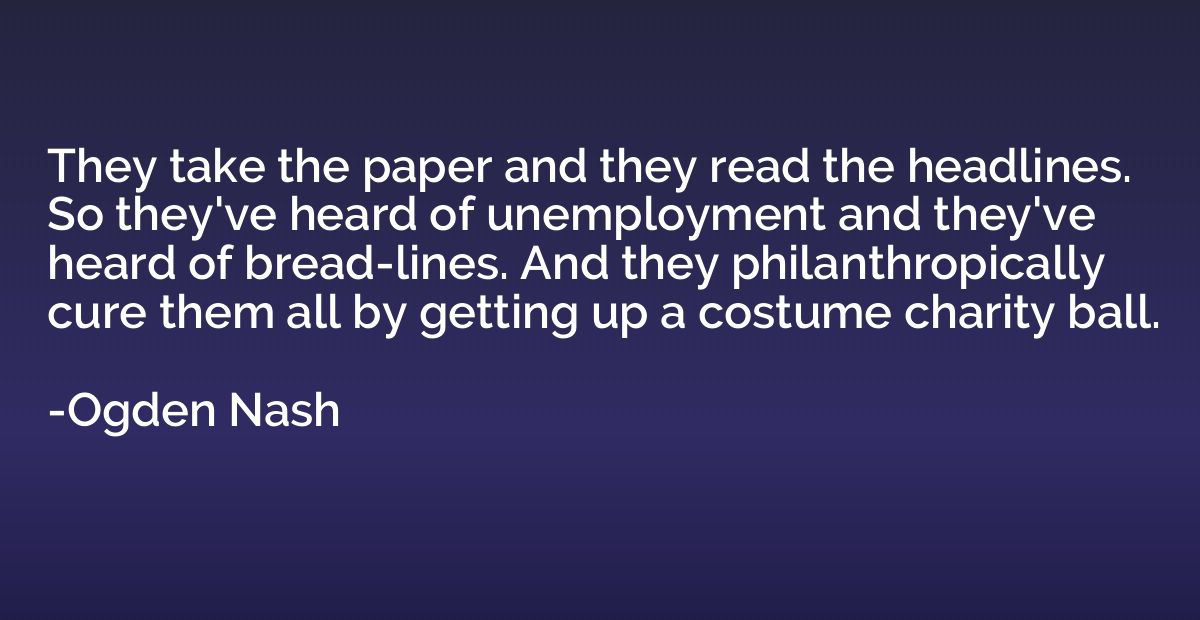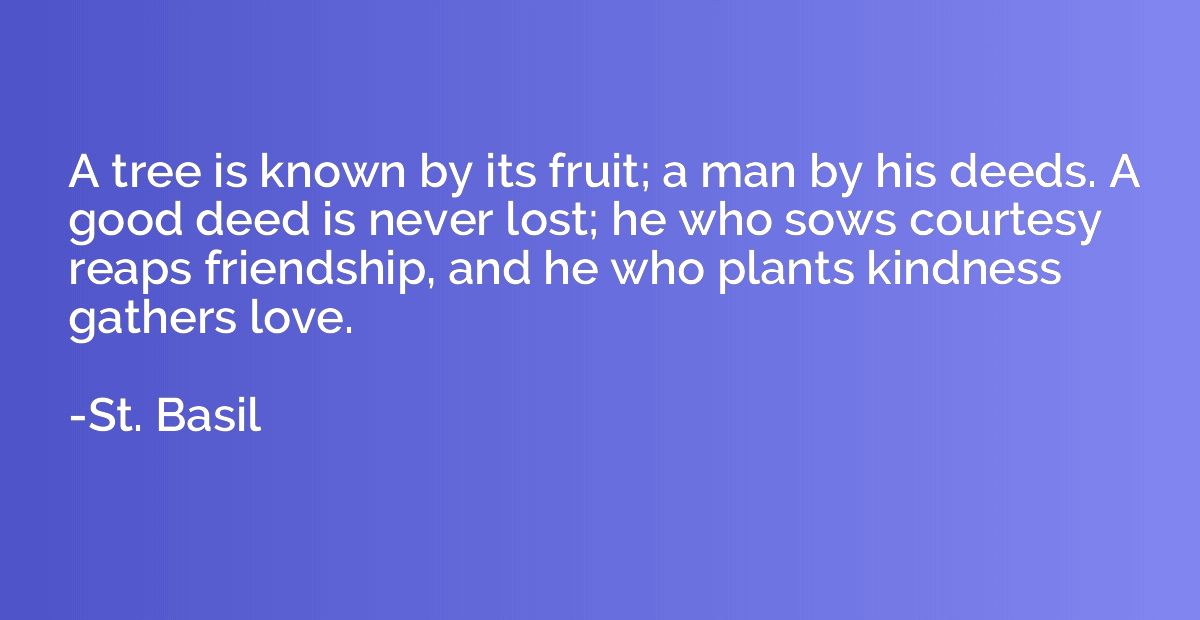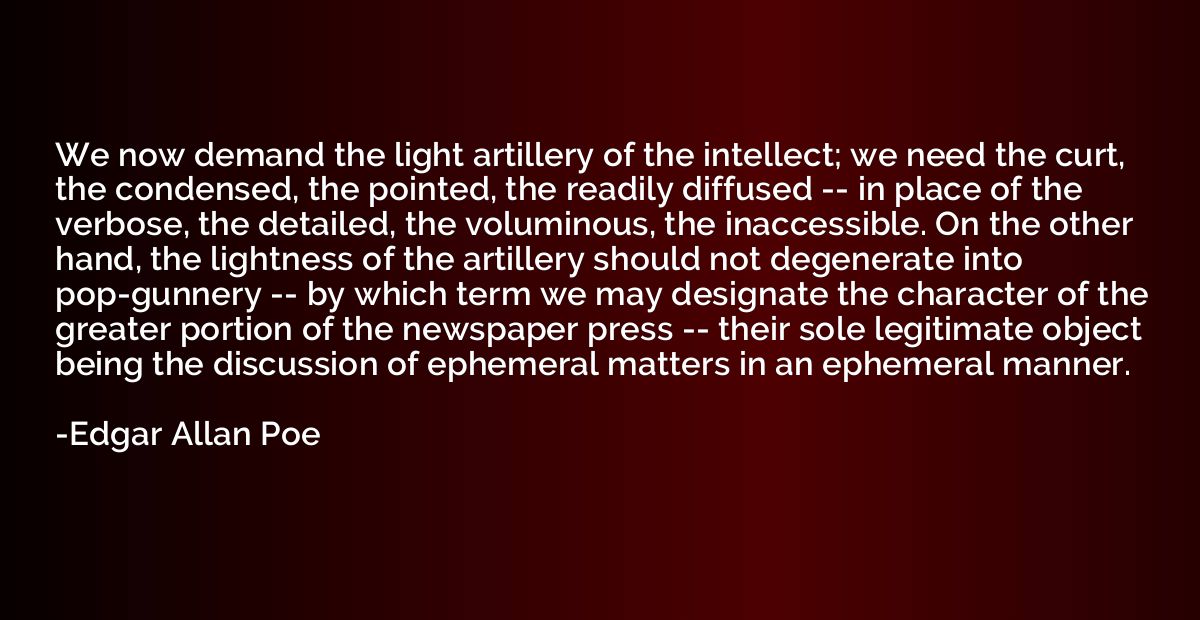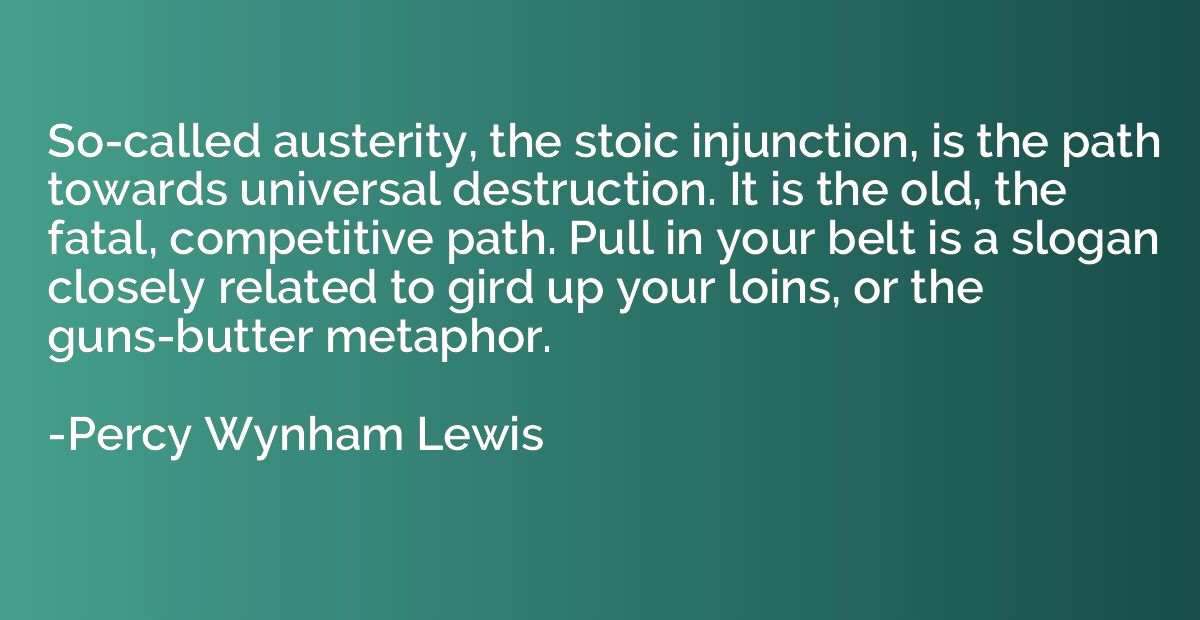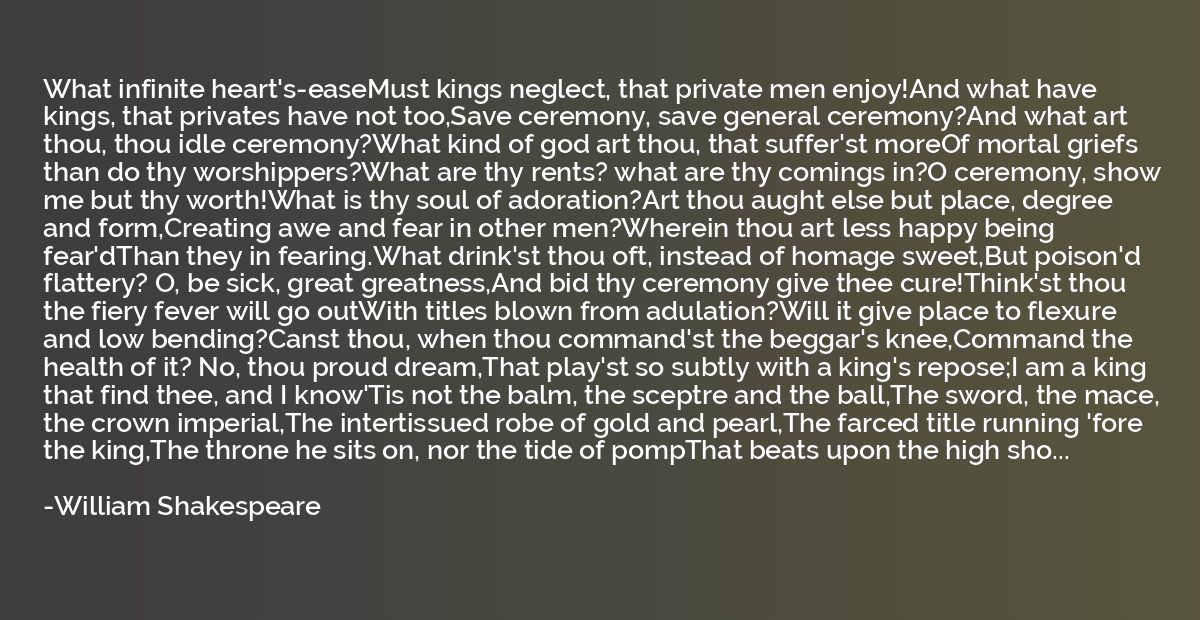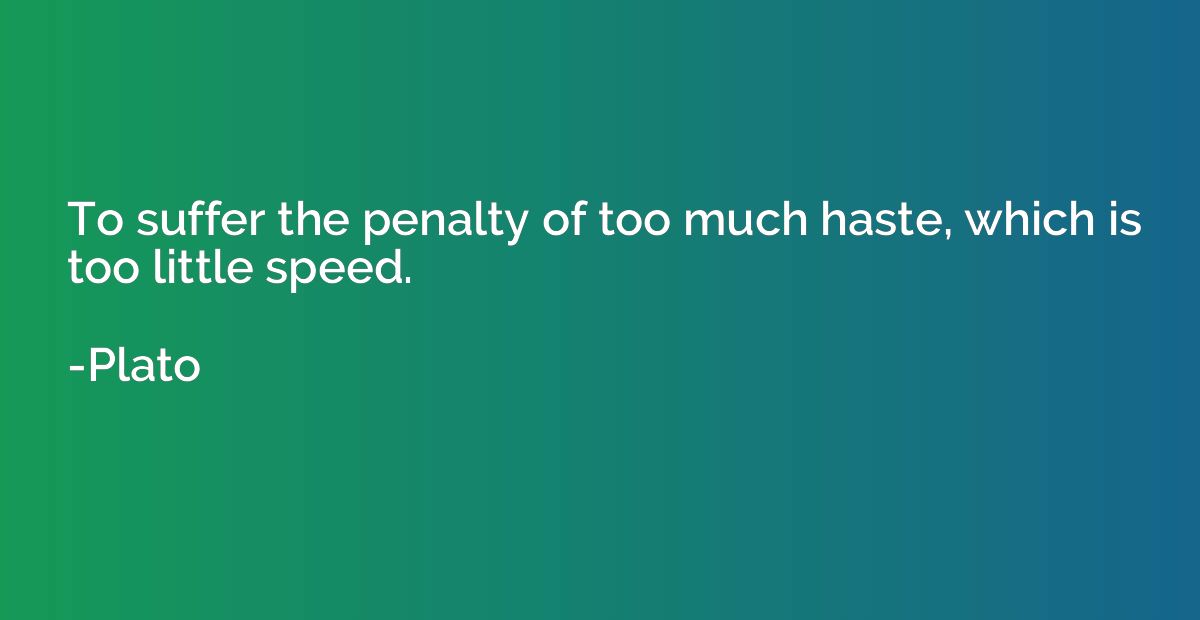Quote by Walter Isaacson
If you just sit and observe, you will see how restless your mind is. If you try to calm it, it only makes it worse, but over time it does calm, and when it does, there's room to hear more subtle things - that's when your intuition starts to blossom and you start to see things more clearly and be in the present more. Your mind just slows down, and you see a tremendous expanse in the moment. You see so much more than you could see before. It's a discipline; you have to practice it.
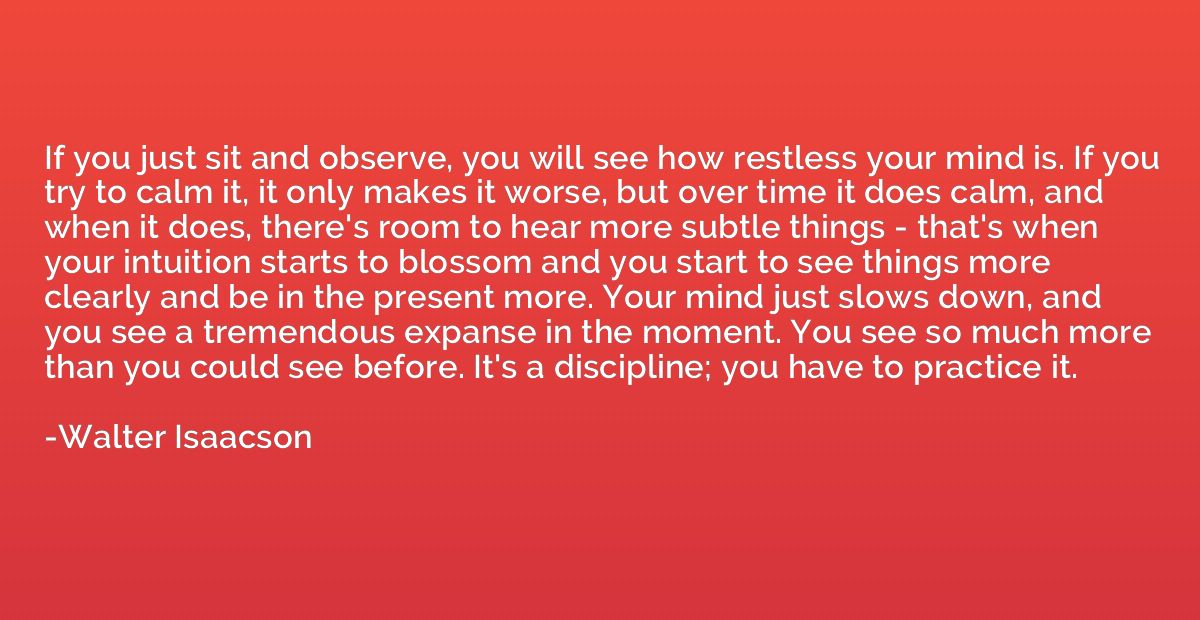
Summary
This quote highlights the power of observing and quieting the restless mind. It states that attempting to force the mind to calm down only aggravates it. However, with time and practice, the mind naturally settles, allowing one to become attuned to subtle things and develop intuition. This leads to a clearer perception of reality and a greater ability to be present in the moment. Slowing down the mind through disciplined practice enables individuals to expand their perception and gain deeper insights into the world around them.



